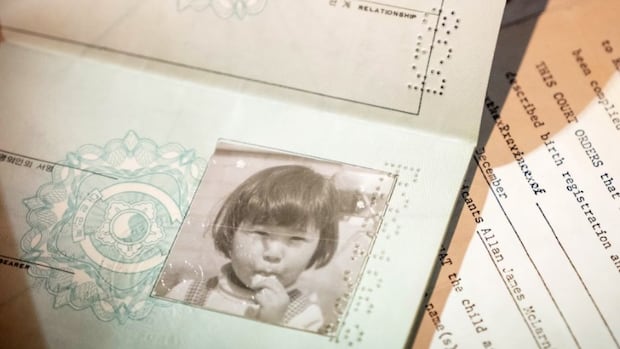Video game maker Roblox said on Monday that it is implementing new safety measures for users under 13, including permanently removing the ability to message others outside games on its platform.
However, under-13 users can still message others in-game with parental consent.
The gaming platform, which reported around 89 million users last quarter, said it will allow parents and caregivers to remotely manage their child’s Roblox account, view friend lists, set spending controls and manage screen time.
“These changes were developed and implemented after multiple rounds of internal research, including interviews, usability studies, and international surveys with parents and kids, and consultation with experts from child safety and media literacy organizations,” the company stated in the reveal of the new tools.
Roblox has faced claims of child abuse on its platform.
In August, Turkey blocked access to Roblox following a court order, as prosecutors investigated concerns about user-generated content potentially leading to abuse.
A 2022 lawsuit filed in San Francisco claimed that Roblox facilitated the sexual and financial exploitation of a California girl by adult men, who allegedly encouraged her to drink, abuse prescription drugs and share sexually explicit photos.
A spokesperson confirmed to CBC News that the parental tools announced Monday will all be available in Canada.
Inside the new parental controls
Prior to Monday’s update, parental controls were managed through the child’s account. Now, the company says, parents can link their account to their child’s and use remote management to adjust parental controls and view their child’s activity on the platform even if they’re physically apart. Parents will have to verify their account with an ID or a credit card before being allowed to link it to their child’s.

Parents will be able to see their child’s average screen time and set daily screen time limits.
The company said it has also introduced a built-in setting that will let users under the age of 13 access public broadcast messages only through games or experiences.
Roblox will replace age-based content labels with descriptors ranging from “Minimal” to “Restricted,” indicating the type of content users can expect. By default, users under nine can only access games labelled “Minimal” or “Mild.”
These new restrictions will also prevent users under 13 from searching, discovering or playing unlabelled experiences, the company said.
Restricted content will remain inaccessible until a user is at least 17 years old and has verified their age.
While some of the updates, such as remote management and content labels, are being implemented Monday, the company clarified that some of the updates announced Monday will not be fully implemented until the first quarter of 2025.
Parents must still play active role: tech expert
“This is a good thing,” Carmi Levy, a tech expert from London, Ont., told CBC News about the updates. “It means that kids are better protected than they were before these new services and tools were introduced.”
But parents will still need to play an active role in using the tools to better protect their children, Levy said, adding that it’s important for parents to not assume the announcement of new tools means the situation is all taken care of.
Fostering an environment where kids can explore safely and share concerns with their parents helps to keep them safe in a chaotic online environment, he said. Levy is a parent himself, and said his son was an avid Roblox user when he was younger.
“He was allowed to use it independently … but he knew full well that if he encountered anything that was problematic on the platform, he could always come to us and we wouldn’t judge him, we wouldn’t question him, we wouldn’t punish him,” he said.
“I think that’s important for parents to know that the moment that you try to limit [kids’] use of technology, they will go underground. If you ban them from using the app, they’ll find some way to download it and use it without your knowledge. The trick is to have an open policy so that nothing is taboo.”











